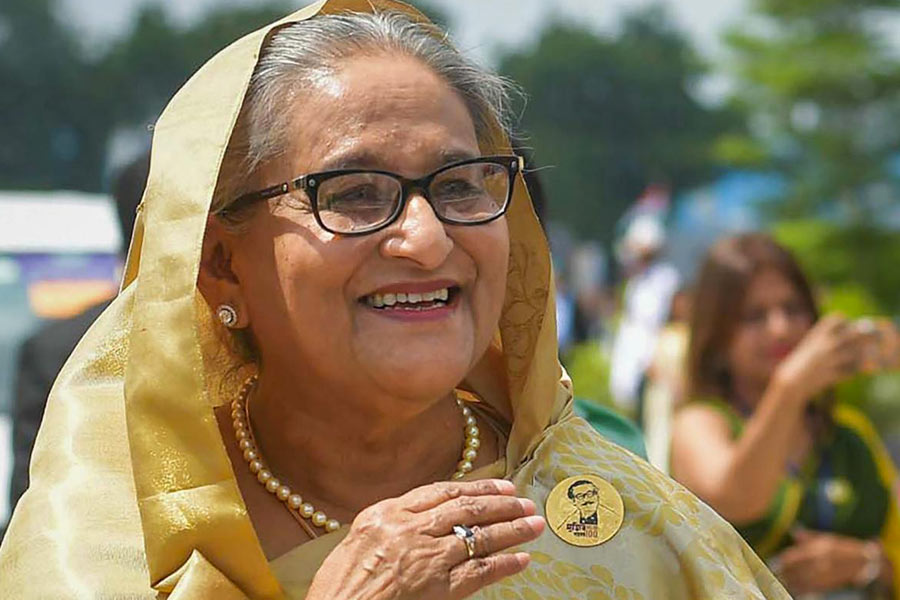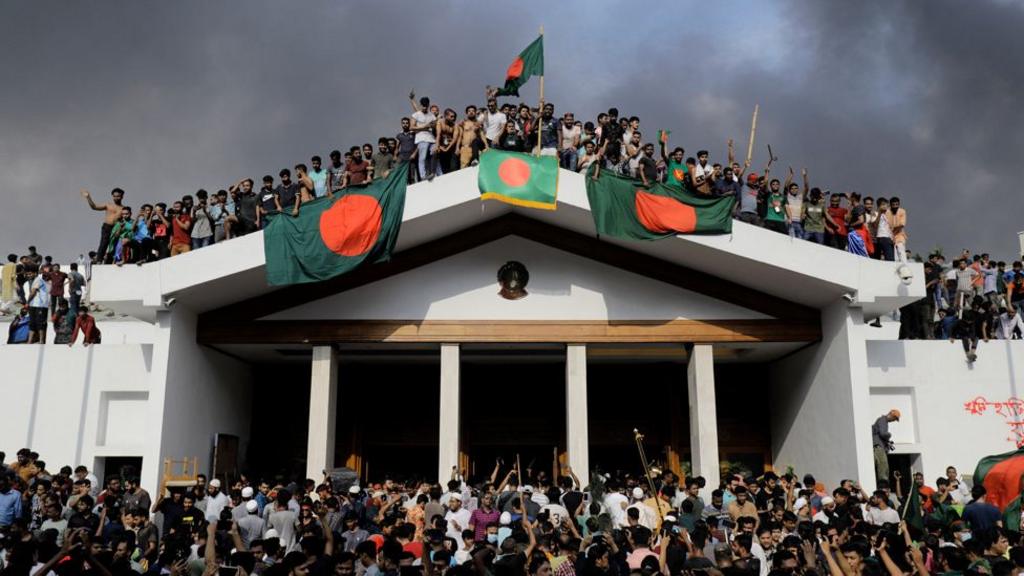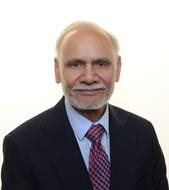DESIBUZZCanada
Events Listings
Dummy Post

International Day Of Yoga To Be Virtually Celebrated Saturday At 4pm

CANCELLED: Coronavirus Fears Kills Surrey’s Vaisakhi Day Parade

ADVERTISE WITH US: DESIBUZZCanada Is The Most Read South Asian Publication Online

SURREY LIBRARIES: Get Technology Help At Surrey Libraries

WALLY OPPAL: Surrey Police Transition Update On Feb. 26

GONE ARE THE DAYS - Feature Documentary Trailer

Technology Help At Surrey Libraries

Birding Walks

Plea Poetry/short Story : Youth Contest

International Folk Dancing Drop-in Sessions
Bangladeshi Prime Minister’s Resignation Is A Victory To The People
- August 6, 2024

Sheikh Hasina’s resignation and departure from the country follows a wave of student protests across Bangladesh.
By Harinder Mahil
On August 5, Bangladeshi prime minister Sheikh Hasina fled the country following months of violence and protests against her government. She had ruled the country with an iron fist for the 15 years. Many political observers saw her as an autocratic leader who wanted to stay in power at any cost.
Soon after she left the country, Bangladesh’s military chief General Waker-uz-Zaman in a statement to reporters, announced he was assuming control at “a critical time for our country” and would establish an interim government.
Hasina had ruled Bangladesh since 2009 and fled by helicopter to India and according to news reports from there to England. She had a close relationship with the government of India, particularly with prime minister Modi. Celebrations erupted among the crowds in Dhaka and all across Bangladesh soon after her departure.

She had been the longest-serving leader in the history of Bangladesh. She was also the world’s longest-serving female head of government. She had led the Awami League party, founded by her father Sheikh Mujibur Rahman, since 1981. She served as the prime minister from 1996 to 2001, after defeating her archrival Khaleda Zia, who eventually regained power in 2001.
Hasina was elected for a fourth consecutive term in January 2024 when the elections were boycotted by all major opposition parties. Thousands of opposition members were jailed just before the elections.
Her government had misused state institutions to stamp out dissent and entrench its hold on power.
The latest protests began by students over a quota system that disproportionately allocated government jobs to the descendants of freedom fighters from the 1971 independence war. The government’s crackdown on protests has led to hundreds of deaths and thousands of arrests.

Independent journalists witnessed armed riot police, who were given “shoot to kill orders”, use violence and deadly weapons against peaceful protesters, stirring up some of the worst clashes in Bangladesh in last 50 years.
The violent crackdowns on dissent have been the key trademark of Sheikh Hasina’s government for more than a decade. The police and para-military agencies have been responsible for thousands of deaths and mass incarceration of her critics.
The protests in Bangladesh were a sign of the struggle between democratic forces and totalitarianism. Sheikh Hasina’s ouster is a victory for democratic forces. Her resignation and departure send a strong message to all autocratic leaders around the world.
Let us hope that the people of Bangladesh will soon enjoy a truly democratic government.

Harinder Mahil is a human rights activist and is secretary of the Dr. Hari Sharma Foundation.











